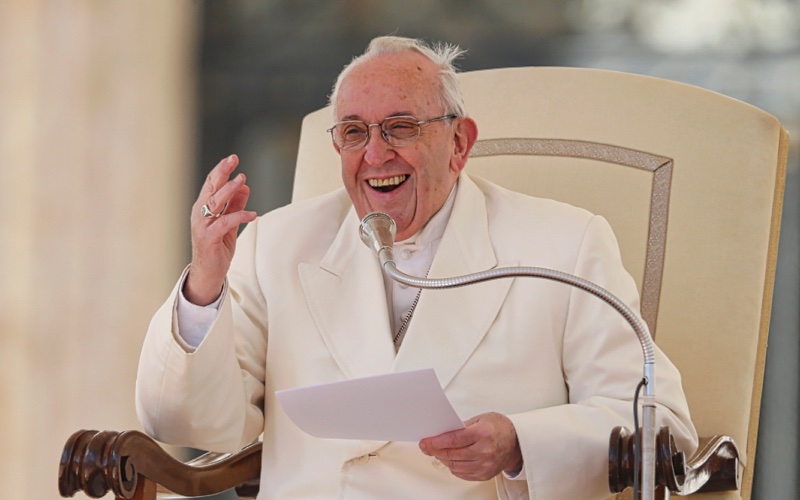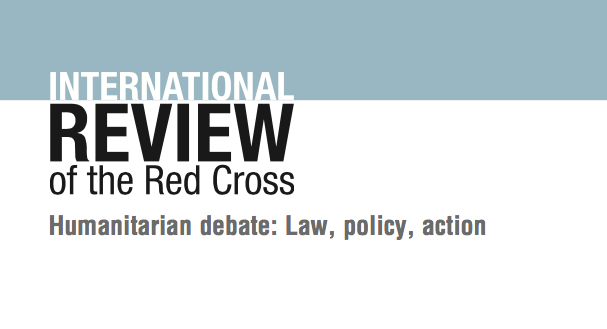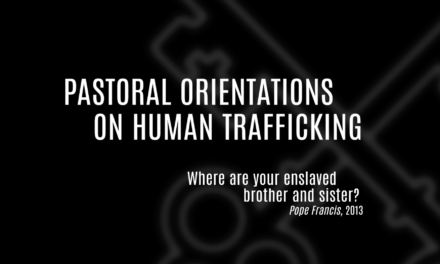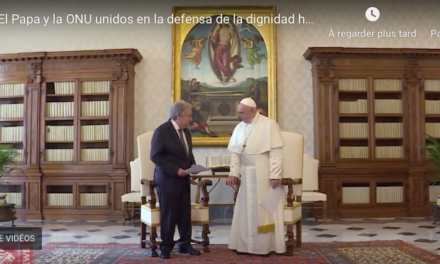Slavery quotes in the document GAUDETE ET EXSULTATE:
MORE ALIVE, MORE HUMAN
- Do not be afraid of holiness. It will take away none of your energy, vitality or joy. On the contrary, you will become what the Father had in mind when he created you, and you will be faithful to your deepest self.To depend on God sets us free from every form of enslavementand leads us to recognize our great dignity. We see this in Saint Josephine Bakhita: “Abducted and sold into slavery at the tender age of seven, she suffered much at the hands of cruel masters. But she came to understand the profound truth that God, and not man, is the true Master of every human being, of every human life. This experience became a source of great wisdom for this humble daughter of Africa”.[30]
- To the extent that each Christian grows in holiness, he or she will bear greater fruit for our world. The bishops of West Africa have observed that “we are being called in the spirit of the New Evangelization to be evangelized and to evangelize through the empowering of all you, the baptized, to take up your roles as salt of the earth and light of the world wherever you find yourselves”.[31]
- Do not be afraid to set your sights higher, to allow yourself to be loved and liberated by God. Do not be afraid to let yourself be guided by the Holy Spirit. Holiness does not make you less human, since it is an encounter between your weakness and the power of God’s grace. For in the words of León Bloy, when all is said and done, “the only great tragedy in life, is not to become a saint”.[32]
- Once we believe that everything depends on human effort as channelled by ecclesial rules and structures, we unconsciously complicate the Gospel and become enslaved to a blueprint that leaves few openings for the working of grace. Saint Thomas Aquinas reminded us that the precepts added to the Gospel by the Church should be imposed with moderation “lest the conduct of the faithful become burdensome”, for then our religion would become a form of servitude.[64]
- The other harmful ideological error is found in those who find suspect the social engagement of others, seeing it as superficial, worldly, secular, materialist, communist or populist. Or they relativize it, as if there are other more important matters, or the only thing that counts is one particular ethical issue or cause that they themselves defend. Our defence of the innocent unborn, for example, needs to be clear, firm and passionate, for at stake is the dignity of a human life, which is always sacred and demands love for each person, regardless of his or her stage of development. Equally sacred, however, are the lives of the poor, those already born, the destitute, the abandoned and the underprivileged, the vulnerable infirm and elderly exposed to covert euthanasia, the victims of human trafficking, new forms of slavery, and every form of rejection.[84]We cannot uphold an ideal of holiness that would ignore injustice in a world where some revel, spend with abandon and live only for the latest consumer goods, even as others look on from afar, living their entire lives in abject poverty.
- We often hear it said that, with respect to relativism and the flaws of our present world, the situation of migrants, for example, is a lesser issue. Some Catholics consider it a secondary issue compared to the “grave” bioethical questions. That a politician looking for votes might say such a thing is understandable, but not a Christian, for whom the only proper attitude is to stand in the shoes of those brothers and sisters of ours who risk their lives to offer a future to their children. Can we not realize that this is exactly what Jesus demands of us, when he tells us that in welcoming the stranger we welcome him (cf. Mt25:35)? Saint Benedict did so readily, and though it might have “complicated” the life of his monks, he ordered that all guests who knocked at the monastery door be welcomed “like Christ”,[85]with a gesture of veneration;[86] the poor and pilgrims were to be met with “the greatest care and solicitude”.[87]


























